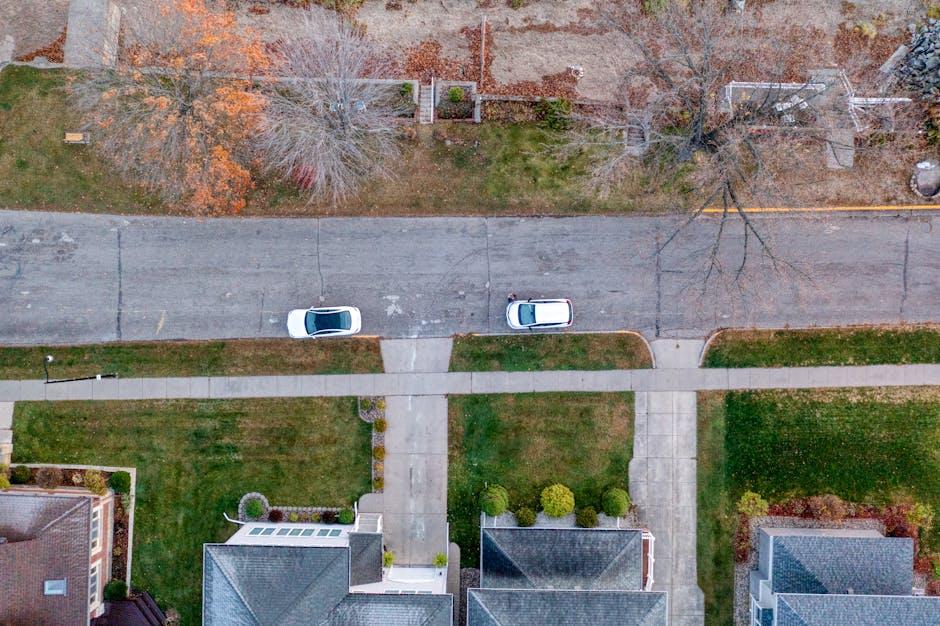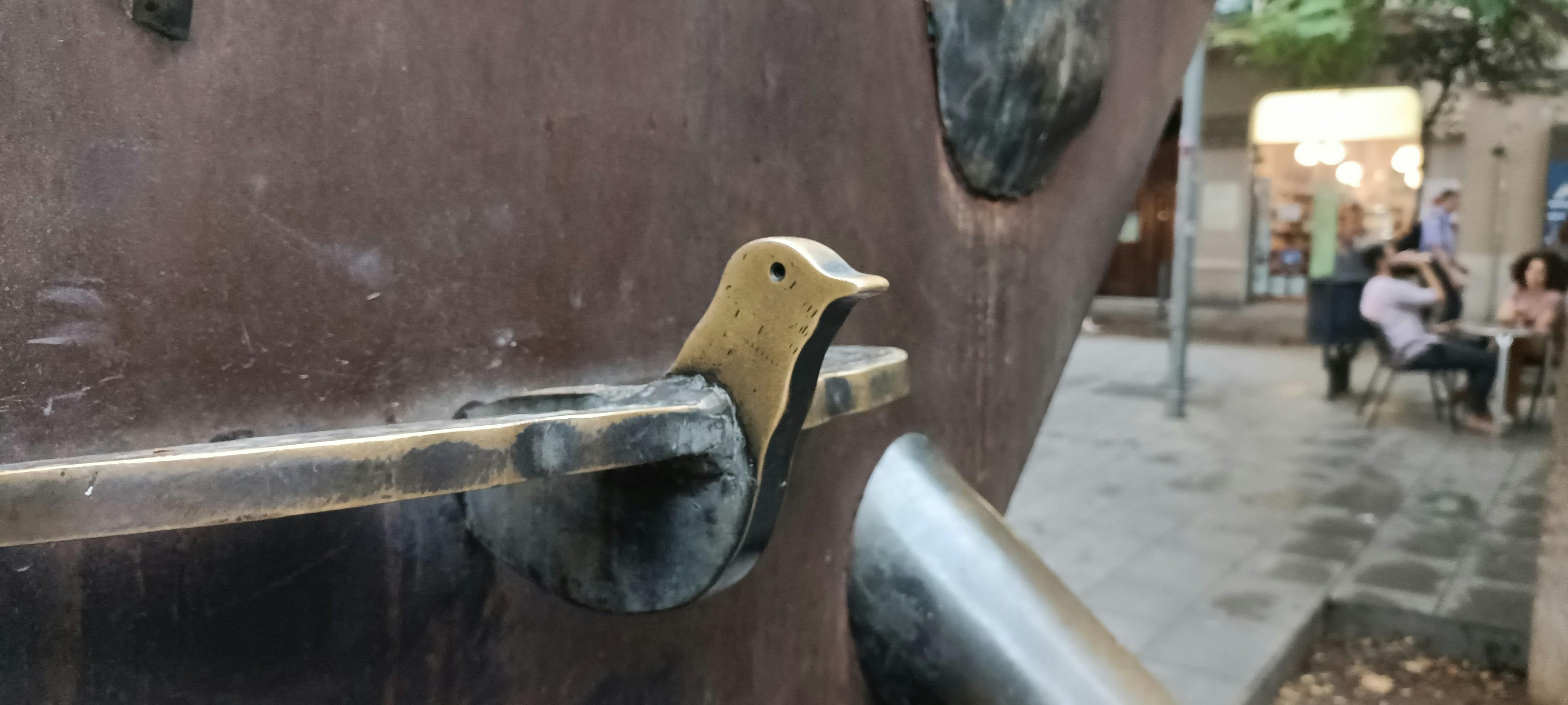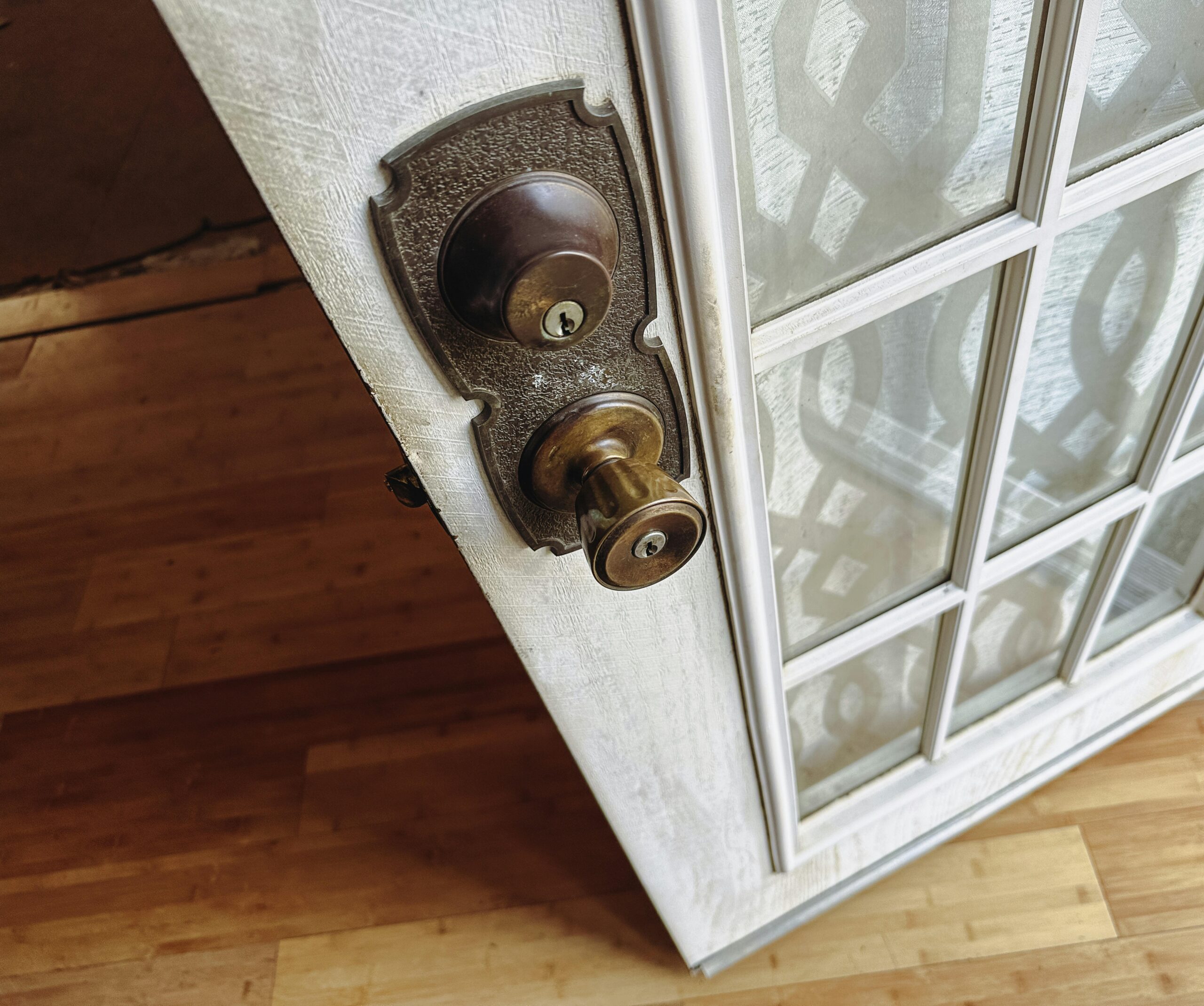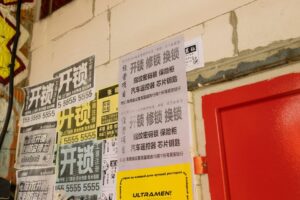When it comes to keeping your Minnesota home safe and secure, the age-old question often arises: should you rekey your locks or replace them entirely? Both options offer unique advantages, but understanding which is better suited for your home can feel like navigating a snowy maze. From the cost-effectiveness of rekeying to the fresh assurance of new hardware, this article explores the nuances of each choice, helping you make a well-informed decision tailored to your Minnesota lifestyle. Whether you’re safeguarding against lost keys, recent moves, or simply upgrading security, let’s unlock the facts behind rekeying versus replacing locks.
Table of Contents
- Understanding the Basics of Rekeying and Replacing Locks
- Evaluating Cost Effectiveness for Minnesota Homeowners
- Assessing Security Needs in Different Neighborhoods
- Considering Climate and Durability Factors for Minnesota Locks
- Expert Recommendations for Choosing the Right Option
- Q&A
- To Conclude

Understanding the Basics of Rekeying and Replacing Locks
When it comes to securing your Minnesota home, both rekeying and replacing locks offer distinct advantages tailored to different situations. Rekeying is a process that involves altering the internal mechanism of your existing lock so that old keys no longer work, while new keys are issued. This is particularly useful if you’ve lost your keys, moved into a new home, or want to restrict access without the expense of buying brand new locks. It’s a cost-effective solution that leaves your hardware intact but enhances security by controlling key duplication.
On the other hand, replacing locks means removing the entire lock assembly and installing a new set. This option is often preferred when the current locks are outdated, damaged, or not secure enough for modern standards. It also provides an opportunity to upgrade styles and technology-smart locks or high-security cylinders, for example-that exceed basic protection. To help you decide:
- Rekeying: Affordable, quick, maintains existing hardware, ideal for recent key loss or ownership changes.
- Replacing Locks: Higher upfront cost, upgrades overall security, perfect for worn out or outdated locks and aesthetic improvements.
| Factor | Rekeying | Replacing |
|---|---|---|
| Cost | Low | High |
| Time | Quick | Moderate |
| Security Upgrade Level | Moderate | High |
| Hardware Retained | Yes | No |

Evaluating Cost Effectiveness for Minnesota Homeowners
When considering the financial impact of securing your home, understanding the differences in cost between rekeying and replacing locks is essential. Rekeying is often the more budget-friendly option, especially for homeowners who want to maintain the existing hardware but improve security by changing the internal mechanism. This approach can cost anywhere from $20 to $50 per lock, making it an economical choice for multiple locks around the home. In contrast, replacing the entire lock can range from $100 to $300 per lock, factoring in hardware quality and professional installation fees.
To help simplify your decision-making, here’s a quick comparison highlighting the key cost aspects for Minnesota homeowners:
| Option | Average Cost | Typical Turnaround | Ideal For |
|---|---|---|---|
| Rekeying | $20 – $50 per lock | 30 mins – 1 hour | Maintaining existing hardware, budget-conscious updates |
| Lock Replacement | $100 – $300 per lock | 1 – 2 hours | Upgrading security level, worn-out lock hardware |
Ultimately, the financial decision for your Minnesota home involves more than just upfront costs. Consider also the longevity and upgraded security features that new locks might bring versus the quick, cost-effective security reassessment that rekeying offers. For those looking to enhance security without a hefty investment, rekeying presents a sweet spot, especially if locks remain in good condition.

Assessing Security Needs in Different Neighborhoods
Evaluating security requirements can vary significantly based on the neighborhood context. In high-crime areas or regions with frequent break-ins, investing in new, robust locks might provide peace of mind and enhanced protection against forced entry. Conversely, in more stable, close-knit communities, rekeying existing locks is often a cost-effective method to maintain security without the need for complete replacement. It’s important to consider factors like recent local crime reports, resident turnover rates, and the overall community engagement level when deciding which option aligns best with your home’s safety needs.
When making your decision, weighing the following elements can clarify what fits your situation:
- Neighborhood Crime Rate: Higher rates may justify stronger, more advanced locks.
- Previous Homeowner Activity: Frequent previous occupants or unknown key holders suggest rekeying is wise.
- Budget Considerations: Rekeying generally costs less, but replacements offer the latest technology.
- Long-Term Security Goals: Consider if you want incremental or comprehensive upgrades.
| Security Factor | Rekeying | Replacing Locks |
|---|---|---|
| Cost | Low | Medium to High |
| Installation Time | Short | Moderate |
| Security Level | Moderate | High (with advanced locks) |
| Key Control | Updated | Fully New System |

Considering Climate and Durability Factors for Minnesota Locks
In Minnesota, the extreme fluctuations in weather-from snowy, frigid winters to hot, humid summers-place unique demands on your home’s locks. Materials used in locks must withstand not only temperature changes but also moisture, ice, and road salt. This means homeowners should prioritize lock options with corrosion-resistant finishes like nickel, brass, or stainless steel, which maintain their integrity despite environmental stressors. Locks that feature protective seals on their internal components can help prevent rust and jamming caused by moisture infiltration.
Longevity and reliability in these conditions can drastically affect whether rekeying or full replacement is more practical. Here are some important durability considerations:
- Weatherproofing: Locks with weather-resistant designs avoid freeze-thaw damage and rust.
- Material Strength: Durable metals handle Minnesota’s thermal expansion and contraction better.
- Maintenance Needs: Some locks require periodic lubrication to remain operational in harsh climates.
| Lock Aspect | Ideal Material | Climate Benefit |
|---|---|---|
| Exterior Cylinder | Brass | Resists corrosion & freezing |
| Internal Mechanism | Stainless Steel | Long-lasting durability |
| Finish | Nickel or Chrome Plated | Reflects moisture and salt |

Expert Recommendations for Choosing the Right Option
When deciding between rekeying and replacing locks in your Minnesota home, consider the specific security goals and budget constraints. Rekeying is often a cost-effective solution if your current locks are still in good condition and you simply want to update access permissions-perfect for new homeowners or after losing a key. It maintains the existing hardware while providing renewed security by altering internal pins to work with new keys. However, for enhanced security features like smart locks or high-security cylinders, replacement might be the smarter choice.
Evaluate your property’s needs against these expert tips:
- Age and condition of existing locks: Older or damaged locks are better replaced.
- Frequency of key changes needed: Rekeying simplifies key management for multiple tenants.
- Desired security level: Modern lock technology is only available through replacement.
- Budget and time considerations: Rekeying generally costs less and is quicker to complete.
| Consideration | Rekeying | Replacing |
|---|---|---|
| Cost | More affordable | Higher upfront cost |
| Security Upgrade | Limited to key changes | Opportunity for advanced locks |
| Time Required | Fast, often same day | Longer installation |
Q&A
Q: What is the main difference between rekeying and replacing locks?
A: Rekeying involves altering the internal pins of your existing lock so old keys no longer work, while replacing locks means removing the entire lock hardware and installing a new one. Rekeying changes the key, whereas replacing changes the whole lock.
Q: Why might a Minnesota homeowner choose rekeying over replacing locks?
A: Rekeying is often more cost-effective and quicker than replacing locks. For homeowners who lost a key or want to enhance security without investing in new hardware, rekeying provides a practical solution that keeps the current lock intact.
Q: Are there situations where replacing locks is a better option in Minnesota?
A: Yes. If locks are outdated, damaged, or don’t meet modern security standards, or if you’re upgrading to smart locks, replacement ensures improved security and functionality-especially important given Minnesota’s diverse weather and potential for wear.
Q: How does Minnesota’s climate influence the decision to rekey or replace locks?
A: Harsh winters and fluctuating temperatures can degrade locks over time. If your locks show signs of rust or wear from the cold, replacing them might be more reliable than just rekeying, which doesn’t address physical lock integrity.
Q: Is rekeying suitable for all types of locks found in Minnesota homes?
A: While rekeying works well for most standard pin-tumbler locks, specialty or high-security locks may require professional evaluation. Some newer lock designs or electronic locks aren’t customizable via rekeying.
Q: How long does rekeying typically take compared to replacing locks?
A: Rekeying usually takes about 15 to 30 minutes per lock, making it a quick fix. Replacing locks can take longer depending on the lock type and installation complexity, ranging from 30 minutes to an hour or more.
Q: Can rekeying enhance home security in Minnesota?
A: Yes, rekeying is an effective way to regain control of who has access, especially after moving into a new home or losing keys. However, for ultimate security upgrades, such as keyless entry or smart locks, replacement is necessary.
Q: What are the costs associated with rekeying versus replacing locks in Minnesota?
A: Rekeying is generally less expensive, often costing a fraction of what new locks and installation cost. The price difference can be significant, making rekeying a budget-friendly option for many homeowners.
Q: Should Minnesota homeowners consult a locksmith when deciding between rekeying and replacing?
A: Absolutely. A professional locksmith can assess your current locks, security needs, and local conditions to recommend the best option tailored to your home.
Q: In summary, how should Minnesota homeowners decide between rekeying and replacing locks?
A: Consider your budget, security needs, lock condition, and local weather effects. Rekeying is ideal for quick, economical security updates, while replacing locks is better for long-term durability and advanced security features. Consulting a locksmith will help you make an informed choice.
To Conclude
In the ever-changing landscape of home security, Minnesota homeowners face an important choice: to rekey or to replace? Both options offer unique benefits tailored to different needs and budgets, whether preserving the character of your current locks or embracing a fresh start with new hardware. Ultimately, the best decision hinges on your specific circumstances, the level of security desired, and long-term peace of mind. By understanding the nuances of rekeying versus replacing, you’re better equipped to protect your Minnesota home with confidence-turning your door’s lock into a steadfast guardian of comfort and safety.





